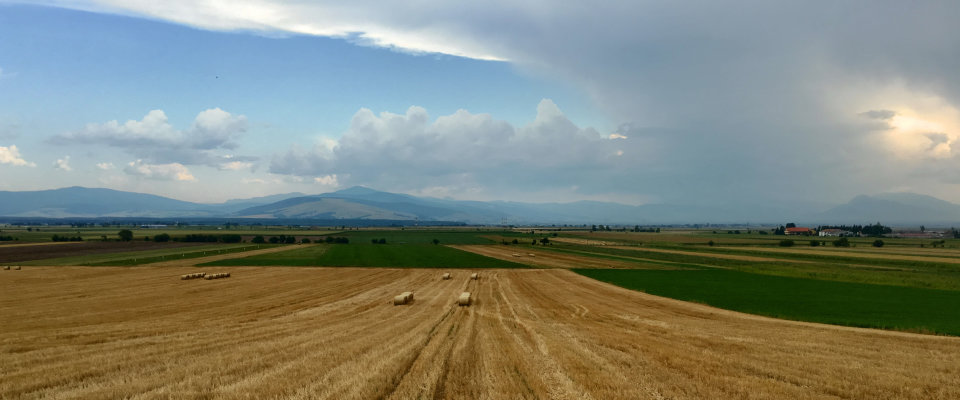Data-Oriented Design (DOD) is an approach of solving computing problems that require efficiency with an emphasis on the data. It was made popular by Mike Acton with his highly acclaimed talk Data-Oriented Design and C++ at CppCon2014. If you are a programmer and you haven’t seen the video yet, please do yourself a service and watch it (embedded below).
Over the course of time, I started to believe more and more in this approach. But a belief is just a belief, so in accordance with the goals of this blog, I need to move it towards true-belief and then to truth. This post is about adding evidence to support Data-Oriented Design.


